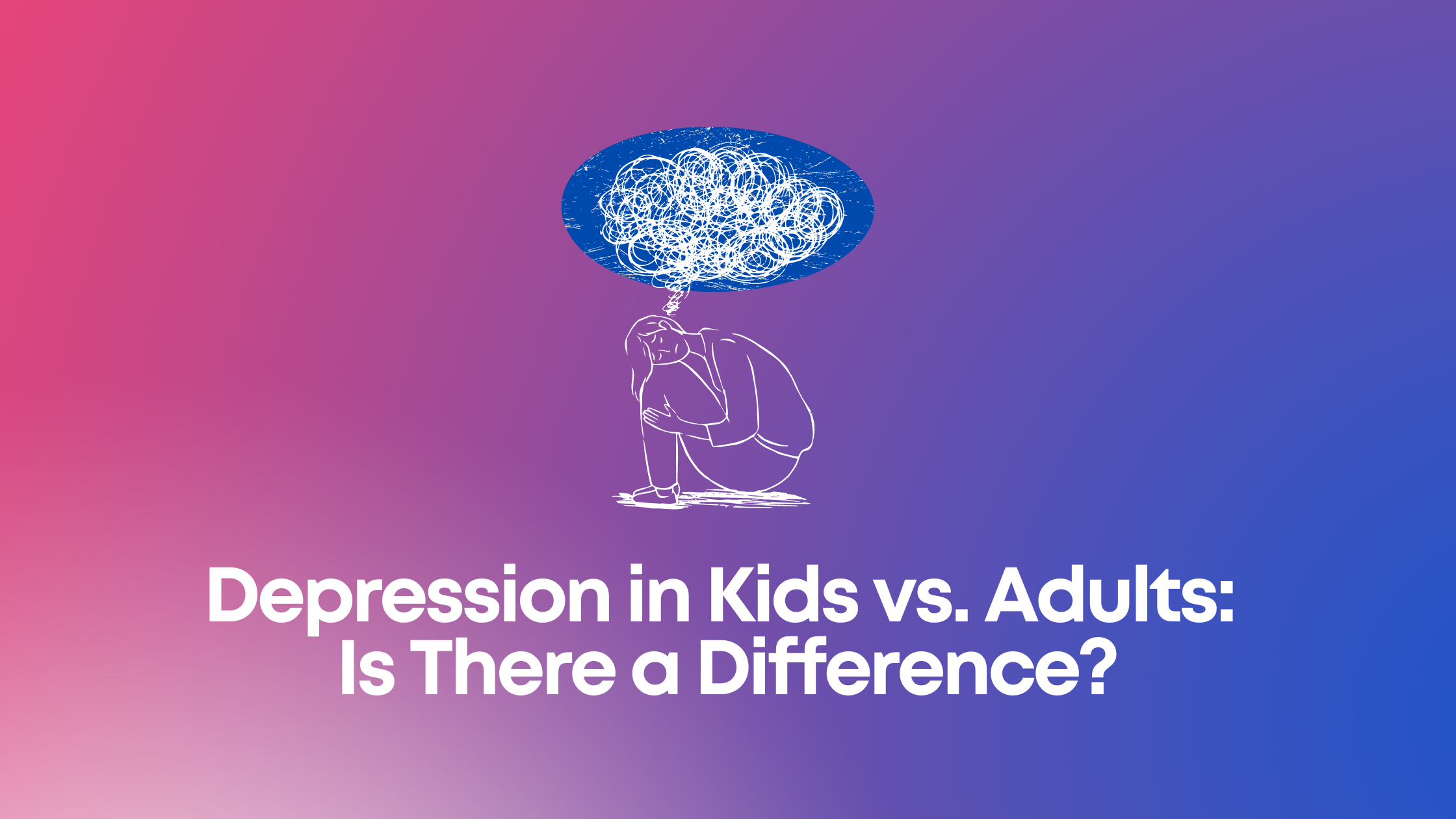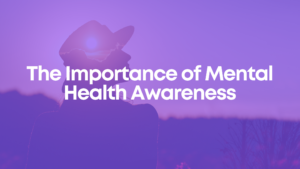Depression is a serious mental health disorder that can affect people of all ages, from young children to adults. While the core symptoms of depression—sadness, low mood, and difficulty functioning—are the same in both children and adults, there are some key differences in how depression manifests in each age group. Let’s explore the unique characteristics of depression in kids and adults.
Children and adolescents who are depressed often display markedly different behaviors than adults with depression. While adults typically experience sadness and low mood, children may appear angry or irritable instead. They may also become more withdrawn, isolating themselves from family and friends. Additionally, they may have difficulty concentrating, sleeping too much or too little, and exhibit changes in appetite.
For adults, depression is often characterized by persistent and pervasive symptoms such as sadness, anhedonia (inability to experience pleasure), difficulty concentrating, changes in appetite and/or sleep, fatigue, guilt, and suicidal thoughts. In contrast, depression in children is often characterized by more externalizing behaviors such as aggression, irritability, poor school performance, and withdrawal from activities. While adults may experience feelings of worthlessness and hopelessness, children may display feelings of restlessness, irritability, and anger.
The causes of depression in children and adults can also differ. While biological factors (such as genetics) may play a role in both cases, adult depression is more likely to be triggered by stressful life events such as job loss or divorce. According to the Family Instiute, “Severe stressful life events are arguably the most important risk factor for episodes of major depressive disorder. Approximately 70% of first depression episodes and 40% of recurrent episodes of depression are preceded by a severe stressful life event (Monroe & Harkness, 2005).”
In contrast, childhood depression is often caused by traumatic experiences such as abuse or neglect. According to CASA, “Research suggests that parental patterns of irritability and withdrawal lead to low self-esteem in the child, and this poor self-image predisposes the child to depression. Childhood depression is also associated with a family history of mood disorders and with the existence of other psychiatric conditions.”
Therefore, it is important to remember that depression in children and adults is not the same and requires different approaches. If you or a loved one is struggling with depression, it’s important to seek professional help for an accurate diagnosis and treatment plan. With proper care, there are many options available for managing depression. Get in touch with us today at info@psyfitms.com to learn more about our TMS treatment for depression.


